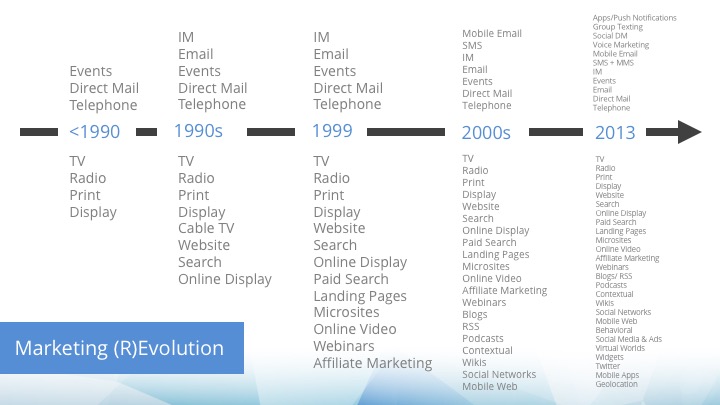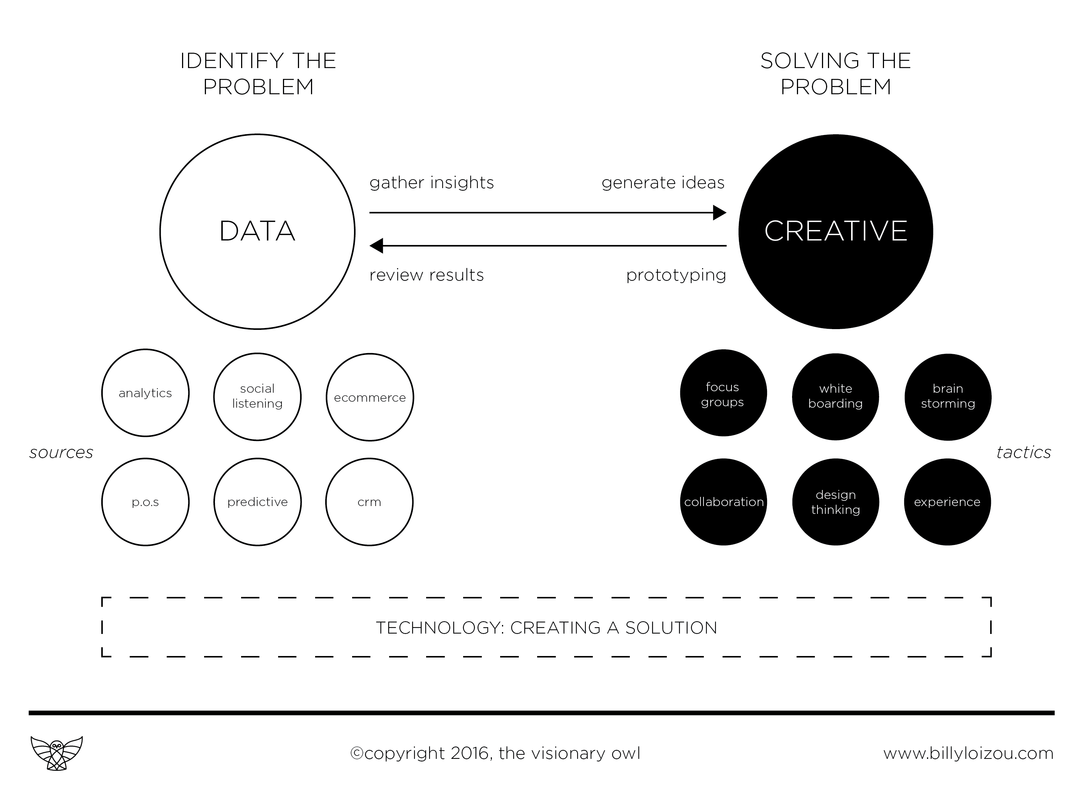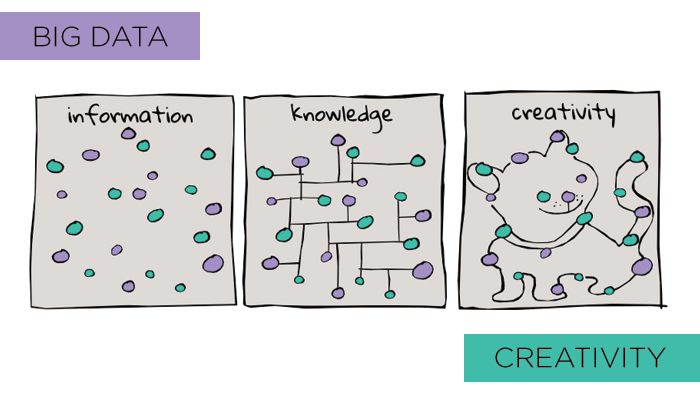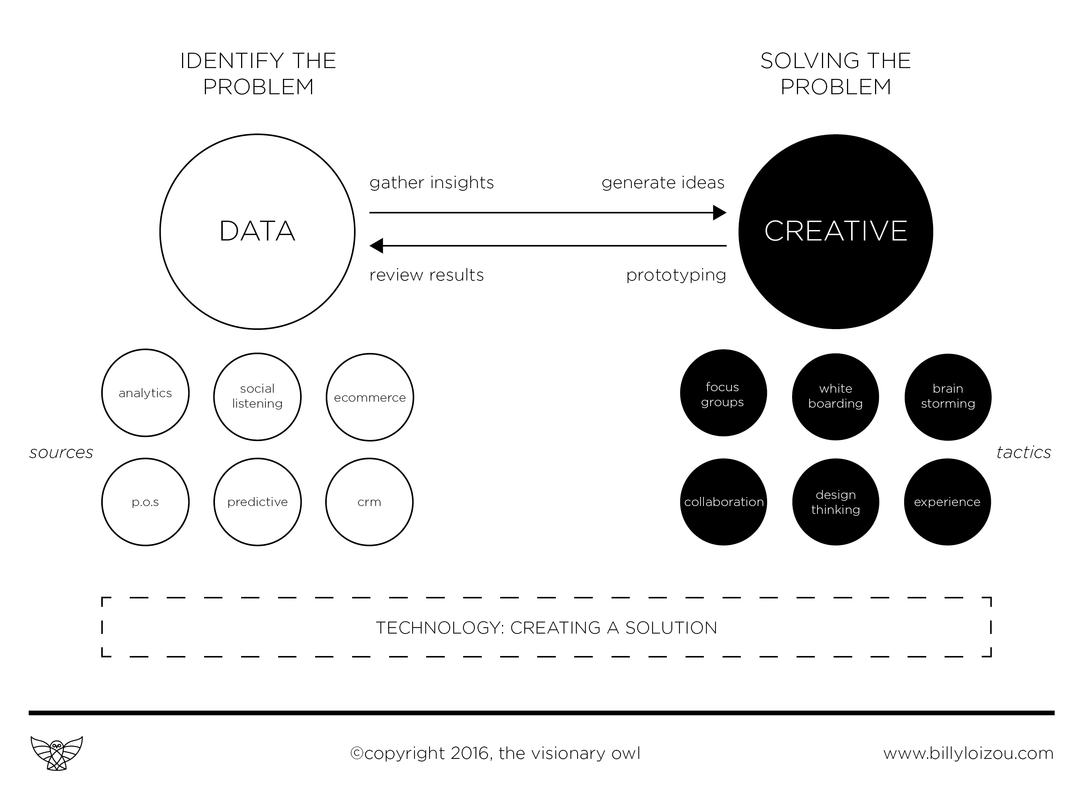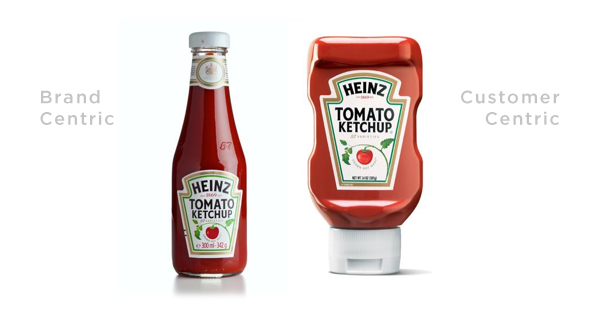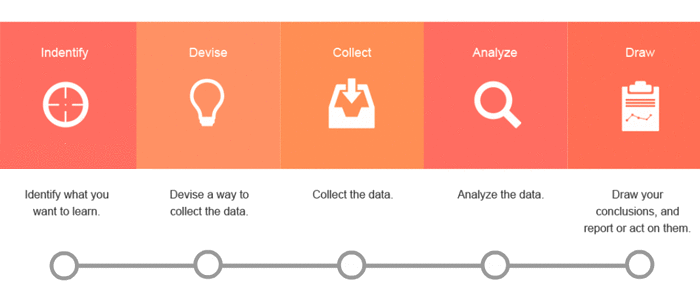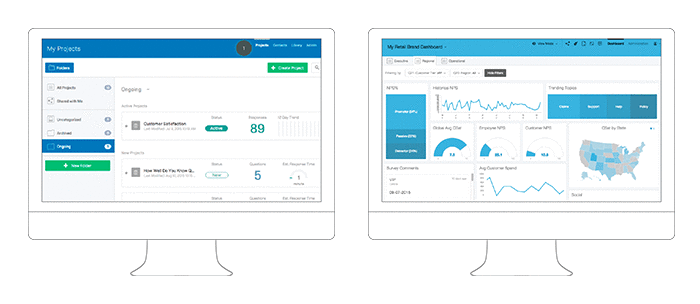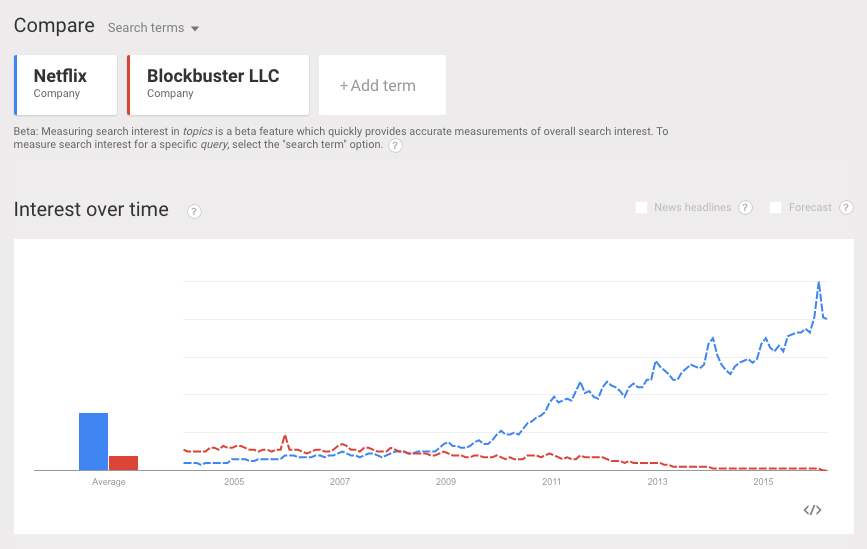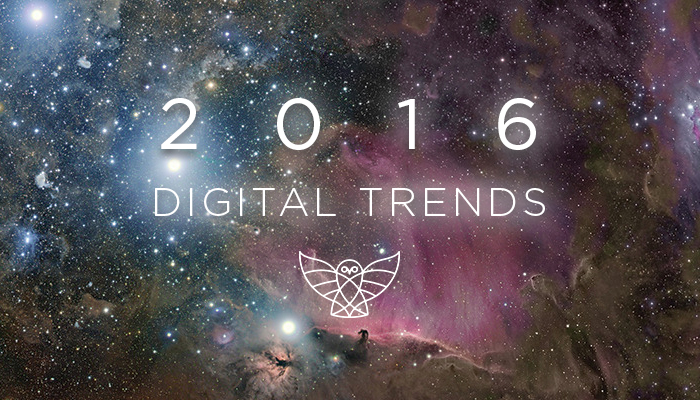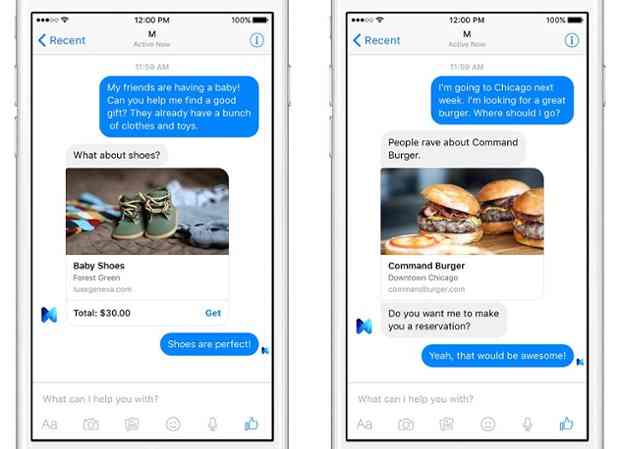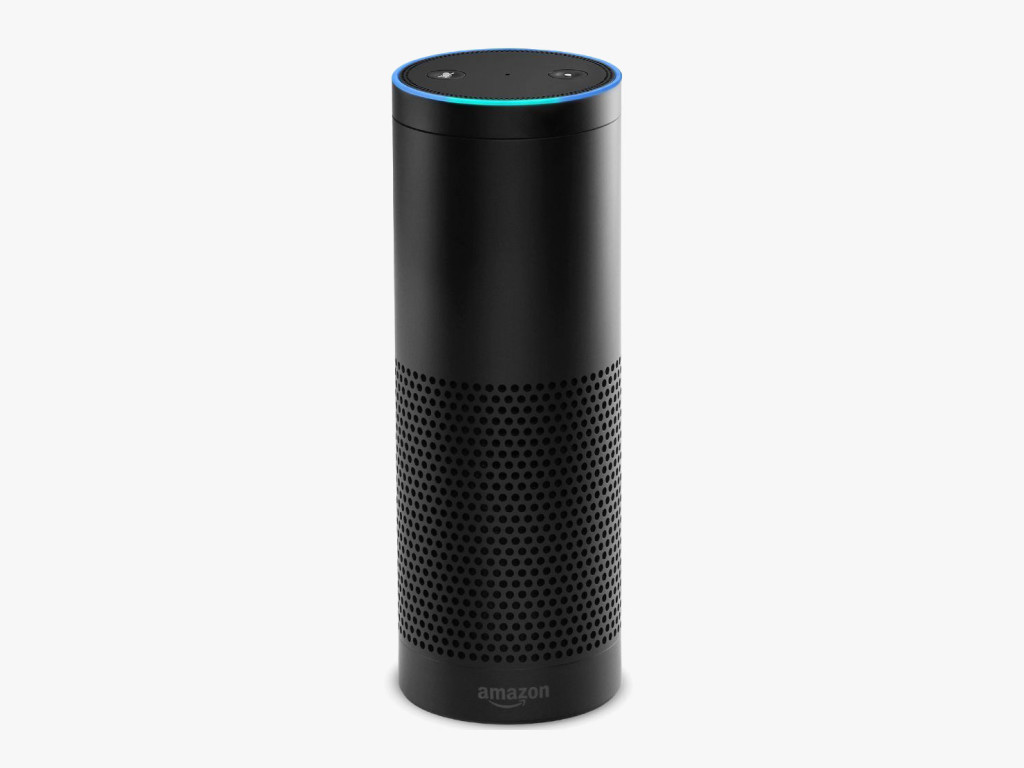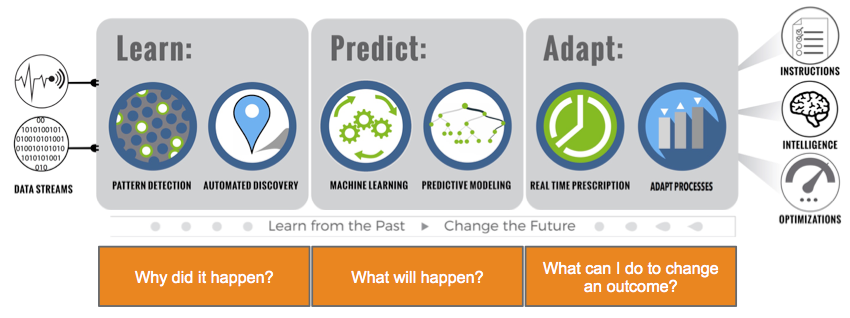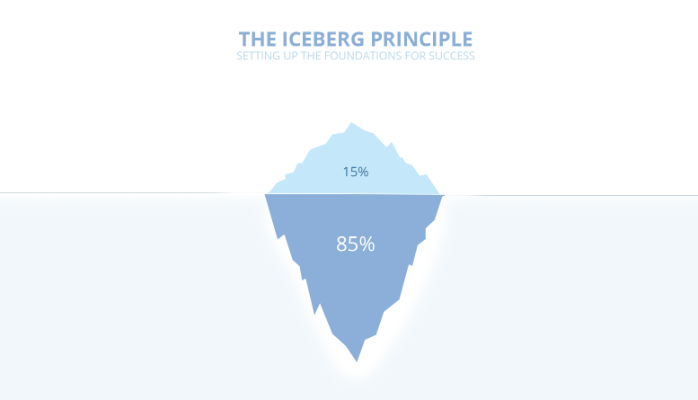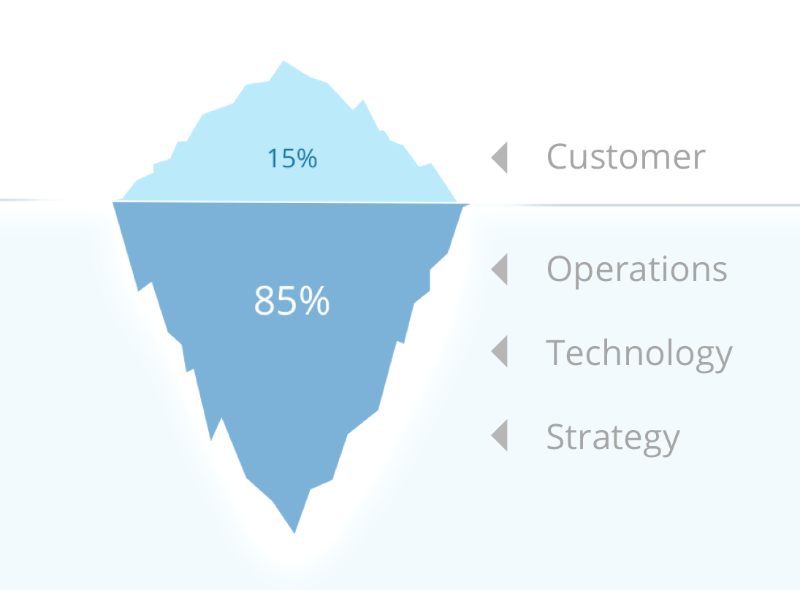Marketing is always in evolution. It has to adapt to the sub-conscience of the generations in order to stay present and reach its targets. Gone is the Don Draper golden era of marketing, no longer do you only have to worry about TV, Radio, Print & Display. Thanks to the explosion of technology, marketers now need to manage and communicate to customers across hundreds of potential touch points. See the Marketing Revolution illustration below (ExactTarget.)
A few other factors to be mindful of is that the population has grown, media has expanded, customer expectations have increased and today's competition is fierce.
The job of a marketer today is no longer just about creating brand awareness, it's about growing a database, driving sales and most important of all creating remarkable customer experiences.
What are the skills a marketing professional needs to be successful?
The ability to understand and share the feelings of another. In the advertising and marketing world find the 'human story' and understand the perspective of your customers.
"I ask myself things like, What would a 5 year old think of this? What would a 70 year old think? Empathy is king!"
Enabling organisations to effectively segment customers and build behaviour-driven journeys through the creation of automated activities prompted by real-time events. These activities send the right message, through the right channel, at the right time, to the right individual, based on their behaviour. The key to doing this successfully is researching and understanding the journeys your customers go through when interacting with your company; whether it be for a product, service, issue, delivery etc.
3. Marketing Automation
There are plenty of technologies designed for marketing departments and organisations to more effectively communicate on multiple channels (such as email, social media, print, websites, etc.) Marketing automation technologies also create operational efficiencies as they can automate repetitive tasks such as data imports.
Here are few marketing automation tools:
- Salesforce Marketing Cloud
- Adobe Marketing Cloud
- Marketo
- Silverpop
- Autopilot
4. Technology Understanding
A marketer’s job is no longer about just managing the advertising agency. They now need to understand the functionality of multiple cloud based platforms and systems. I like to call it understanding your businesses 'Marketecture'; which includes everything from CRM, e-commerce, social listening, marketing automation, business intelligence and analytics.
5. SEO & SEM
Thanks to smart phones and the quick accessibility we have to the internet, according to Google it has forever changed the way we live - It has fractured the customer journey into hundreds of real-time, intent-driven micro-moments. SEO and SEM has never been more important as you fight to identify search terms that will give your website higher ranking. Optimise your content, website, and blog for organic earned search.
6. Data Analysis
Yes...unfortunately you need to understand data, but you don't have to be a Data Scientist. Data holds you accountable, it highlights where you are successful and where there are areas for improvement. Basic data visualisation tools can help you read the data and benchmark it against previous campaigns or even industry statistics. For example Google Analytics is a great tool to analyse:
- Where leads are coming from
- Average time on site
- Bounce rate
- Average transaction value
- Most viewed products etc.
See below for an overview of how data and creativity intersect:
Marketers need to understand and recognise the new business models which are disrupting industries. Collaborative consumption describes the shift in consumer values from ownership to access. Together, entire communities and cities around the world are using network technologies to do more with less by renting, lending, swapping, bartering, gifting and sharing products on a scale never before possible.
From Airbnb to Uber to Taskrabbit, collaborative consumption is transforming business, consumerism and the way we live for a more fulfilling and sustainable quality of life.
8. Targeted Online Advertising
A recent study from Salesforce & Facebook showed that sending an email and a social ad about the same campaign to the same group resulted in 22 per cent uplift in conversion and 77 per cent uplift in reach. Salesforce's new Advertising Studio allows businesses to send targeted ads to a customers based on their CRM data.
9. Email Marketing
For every $1 invested, email marketing generates an average return of $38. Email still generates on average around a 21% open rate and 3.5% click through rate. Consumers today receive more emails than ever before and claim to have inbox fatigue - however marketers have to become better at mastering the art of timely and targeted emails.
10. Mobile Marketing
With over 50% of emails now being opened on mobiles and the boom of the app world - we now need to think mobile first. Many brands still have a website that is not mobile responsive and have no apps to make it easy for customers to engage with you. Think about the potential of geo-location push messages from a service perspective; for example you have entered the airport ready for your flight interstate and receive a real-time alert about the flight delay, followed by an offer to head into the Qantas lounge for free.
11. Social Listening & Engagement
A brand is the sum of the conversations being had about them. Since the launch of social media, customers have found it easier to praise or call out brands about their experiences. A smart marketer would have their finger on the pulse and be listening to online behaviour to identify areas of concern or competitive advantage. Take a look at Salesforce's new Social Studio product for an overview.
12. User Experience
Pixel perfection and eye for detail is important. Design isn't just how something looks and feels, it's also about how it works. It's important to understand the different devices that consumers use like a desktop, tablet and mobile; but also how they use them.
13. Content Creation
Content is the foundation for all marketing according to Joe Pulizzi. You need to start blogging, creating engaging images, infographics, free eBooks, and much more. Content is the main driver to generating leads.
14. Business Savvy
While I don't expect all marketers to have an MBA - they need to understand some simple metrics such as average transaction value (ATV), customer lifetime value (CLV), net promoter score (NPS) and return on investment (ROI). The list could go one but I thought I would keep it short. The line between service, sales and marketing is blending and every campaign you send needs to have a clear measurable goal. If there is no goal, then ask yourself why are you sending it in the first place?
15. Prototyping Mindset
With the adoption of Design Thinking it has allowed employees to take their ideas and make them reality in a cost effective way that doesn't impact the business. Anyone can have an idea - it's the critical process of making that idea a tangible prototype that drives innovation. A prototype can be interacted with and reveal to the creator some valuable learnings to refine over time. We need to embrace that everything in life needs continuous improvement.

